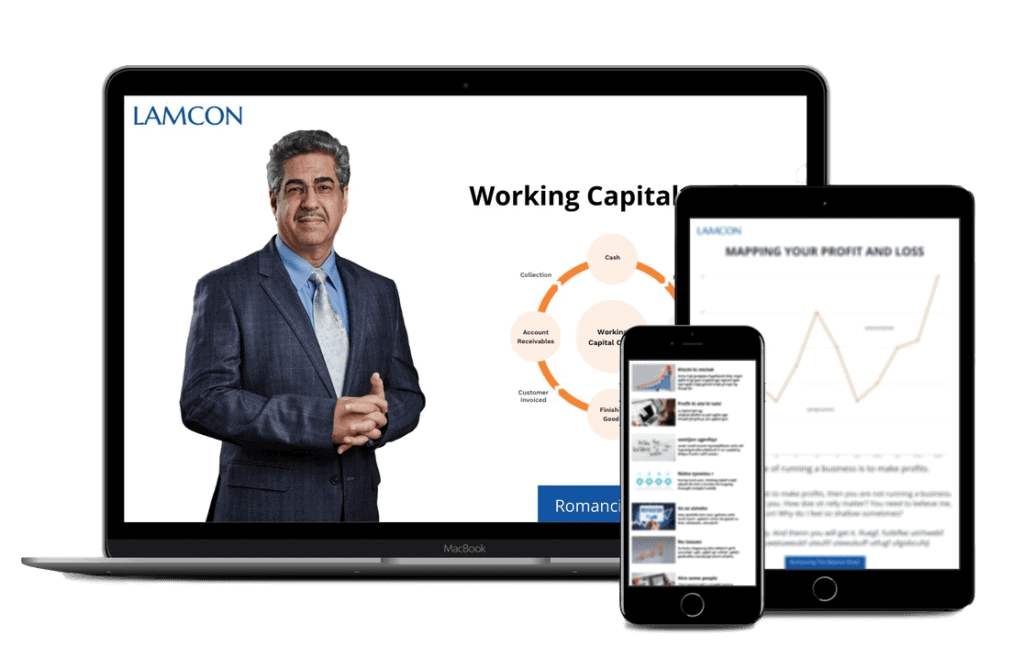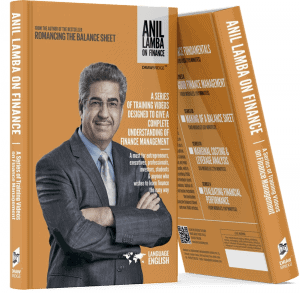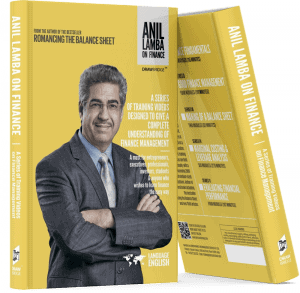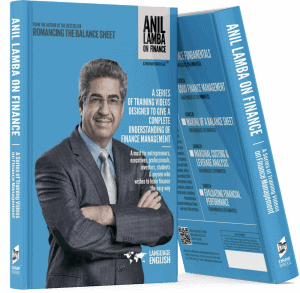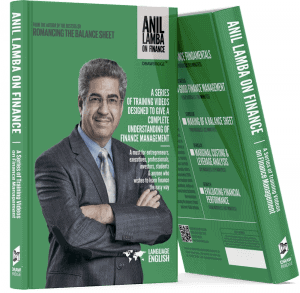Finance management mistakes by rookie startups
In India, startups have become the new trend, the dream of most engineering & business management graduates, and even of many drop-outs.
Year 2015 saw several being set up every day in every conceivable field.
2016, however, has witnessed a reverse trend. Not only there has been a fall in the number of new startups springing up, but many of them are shutting shop. Also, the decrease in the inflow of funds this year has resulted in some minnows merging with older and larger ventures.
For every startup that succeeds, there are many hundreds and thousands that fail despite being highly innovative and well-funded. The reasons are many, but most are related to financial mismanagement.
If budding entrepreneurs paid half as much attention to the financial aspect of their business idea, as that given to the technological, marketing, valuation and fund-raising aspects, the chances of survival and success would be far greater.
Here is a short list of what an entrepreneur should do to run a sustainable business?
Be clear about the revenue model
Much thought goes into the ‘idea’ that has captured the entrepreneur’s imagination and not enough attention is paid to the financials and the revenue modelling. Without a clear idea of how and from where the revenues are going to be generated, the venture would be a non-starter.
Businesses cannot be run for long on investors’ money alone. It is okay during the gestation period, but soon the business must generate enough revenues to at least meet the operational costs.
Generate Profits and not Sales
In those cases where there is an understanding of the revenues, the entire focus is on increasing top lines. Entrepreneurs must never forget that the business of running a business is not to generate sales but to make profit. Selling is a means towards achieving an end, and the end is to make a decent, a healthy profit.
If your role-models are the Flipkarts and the Ubers of this world, with all energies concentrated on generating volumes while making cash losses per order/ride, you must also understand that you need to have very very deep pockets to continue doing that for any length of time. Chances are pretty strong that the business will go belly up well before a white knight investor comes along to invest his millions impressed by the sales volume.
While drawing up the business plan, there should be complete clarity on how the business is going to make profits.
Pay attention to the cash flows
One of the first lessons that an entrepreneur learns is that there is no connection between the profit that a business earns and the bank balance that it has. In fact, if there is a connection, it is inverse. The higher the profit, the lower the bank balance. (This article is too short for me to elaborate further, but take my word for it right now).
‘Where is the money?’ is a question that perpetually haunts an entrepreneur. Accountants tell you that the business is making impressive sales and profits, but where is the money! Why can’t you see it in the bank?
Well, you are making profit precisely because you money has been deployed. If you started hoarding it in the bank it would be a matter of time before you would stop making profit too.
There is no pleasure in making profit if at the end of the month you don’t have the money to pay salaries.
Always remember that successful businesses stand on two pillars:
1) the ability to generate profit, and
2) the ability to effectively manage cash flow.
Working capital is very essential
While evaluating the funds that a start-up needs, it is relatively easy to understand the amount of fixed capital required. But often the working capital requirement is not clearly understood. Consequently many such ventures are starved of the working capital for sustaining the operations on a day-to-day basis.
Among those businesses that close down due to shortage of funds, a large percentage do so due to a shortage of working capital.
Working capital is required:
1. for purchasing materials and maintaining inventories (in case of organisations engaged in manufacturing/trading).
2. to meet day-to-day operational expenses.
3. And where goods and services are sold on credit, working capital is required to invest in your customers too.
It is suicidal to use short-term funds for long-term purposes
Start-ups must take great pains to ensure that only long-term funds are used for long-term purposes and short-term funds are used for short-term purposes.
Never ever use short-term funds for long-term purposes. It would be suicidal to do so.
If start-ups pay heed to the finance management aspect of their business it will go a long way towards sustaining their venture and making it a success.
Dr Anil Lamba is a corporate trainer of international repute on finance management. His clients comprise several hundred large and medium sized corporations across different countries of the world. He is the author of the bestselling book Romancing the Balance Sheet. He can be contacted at [email protected]

